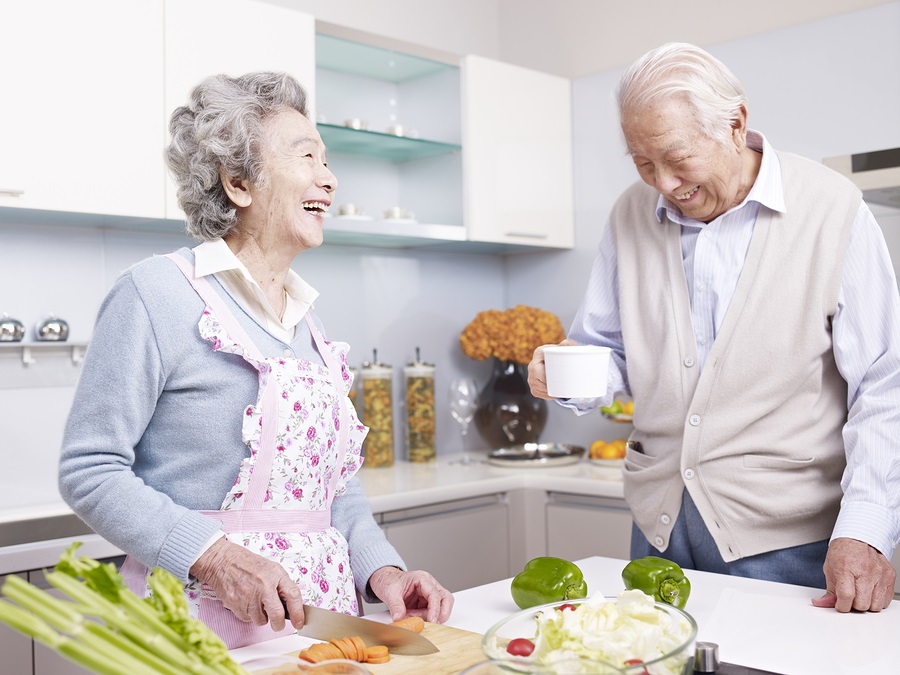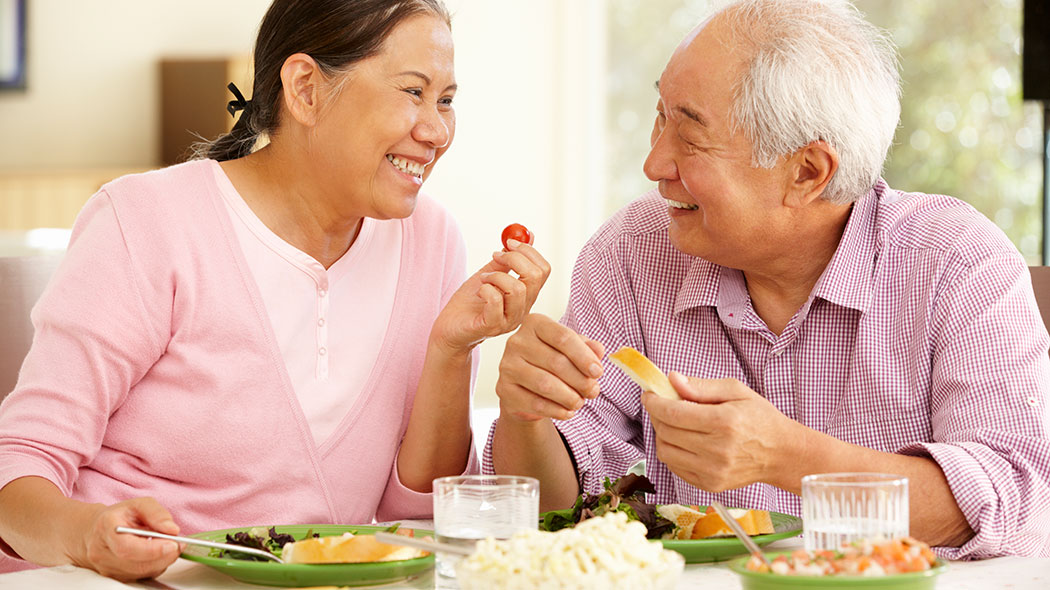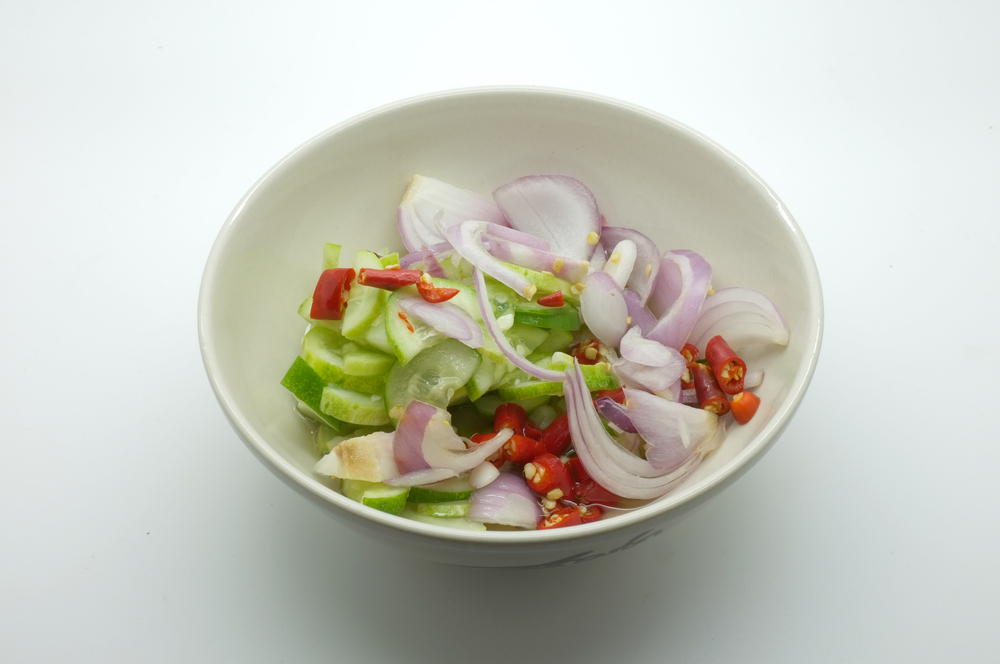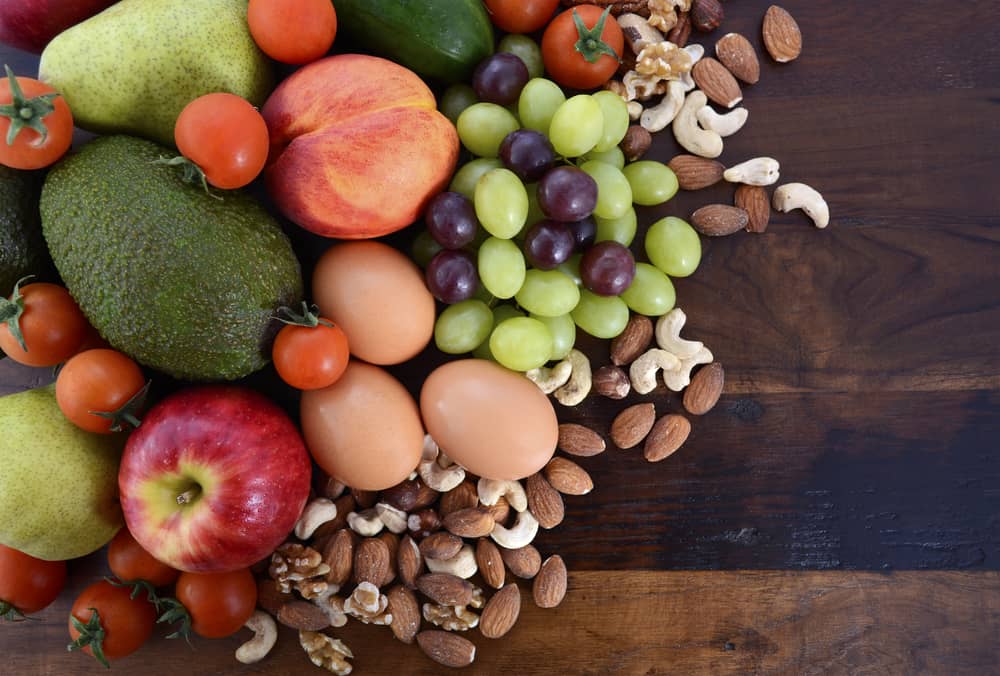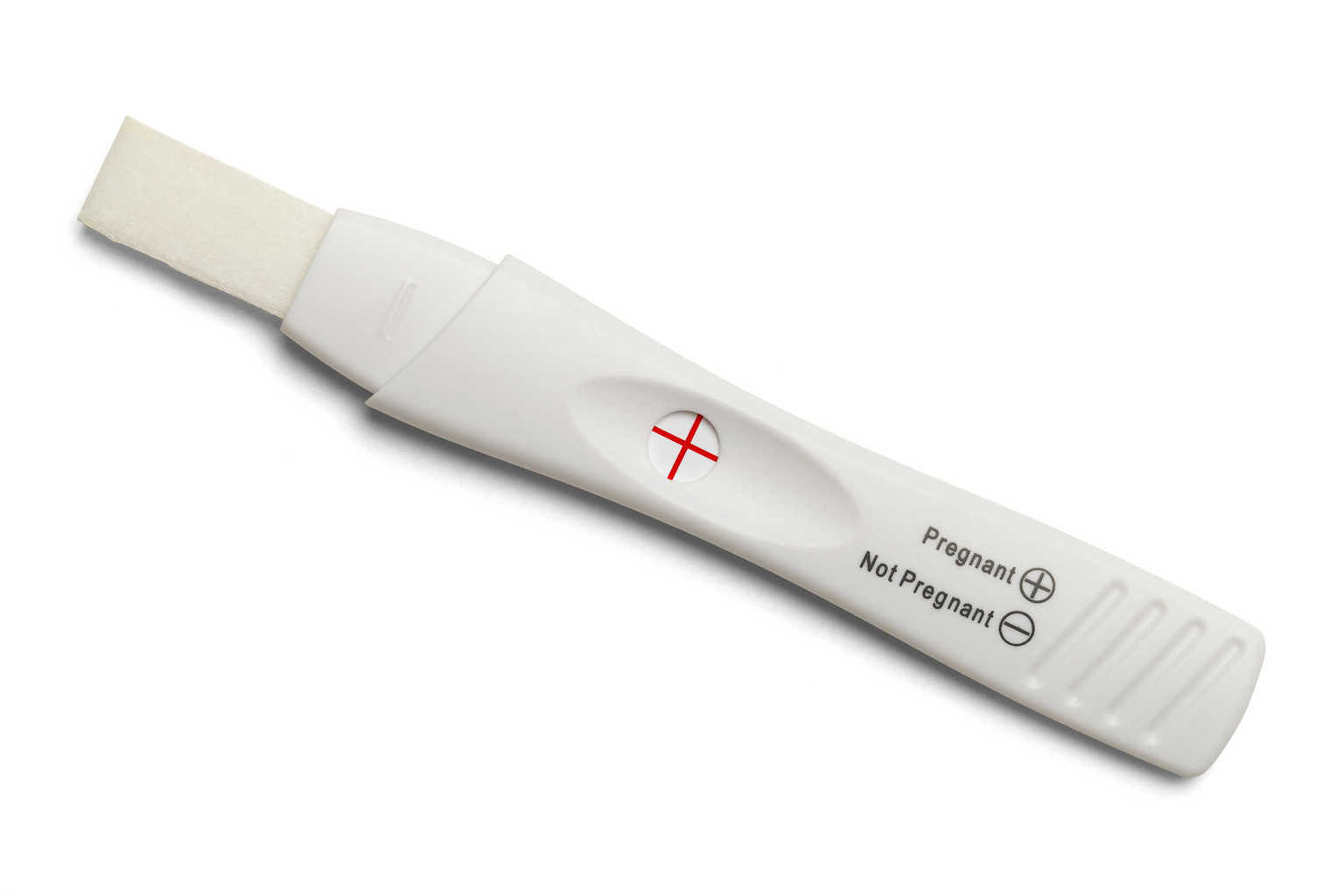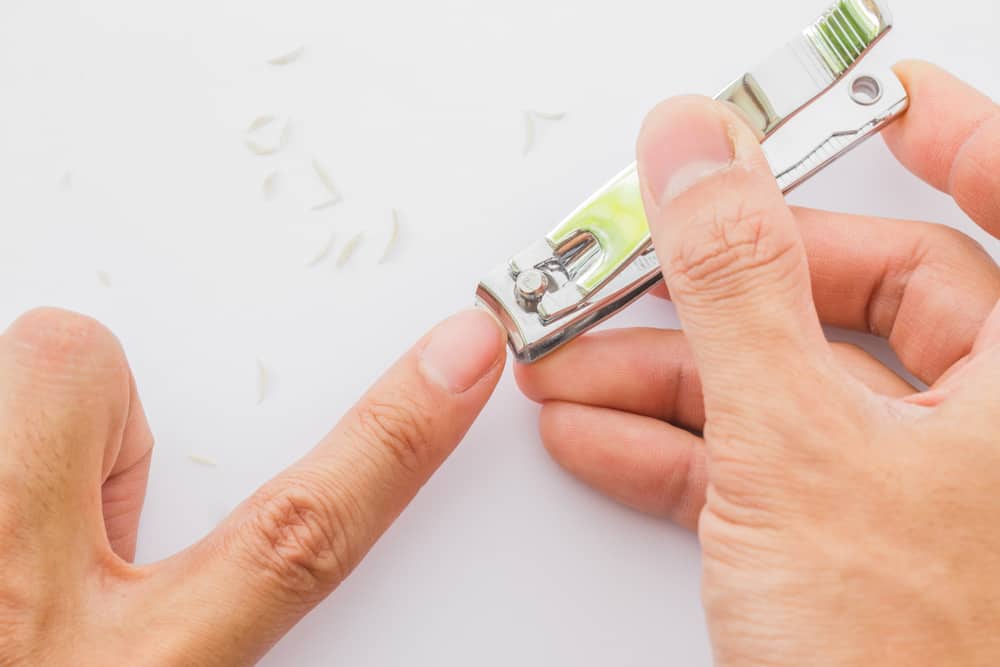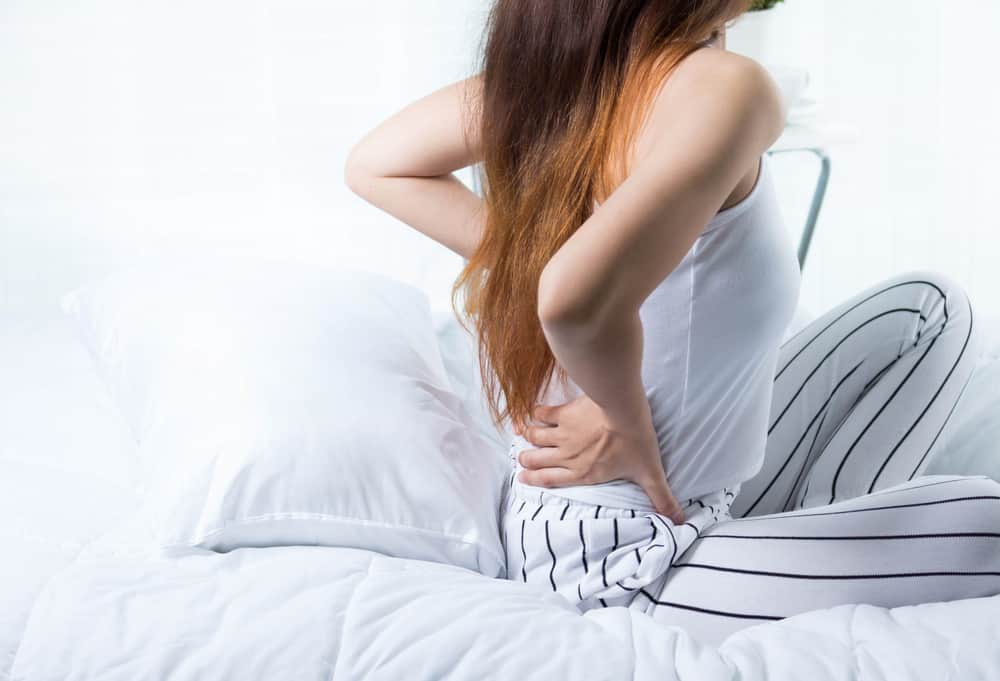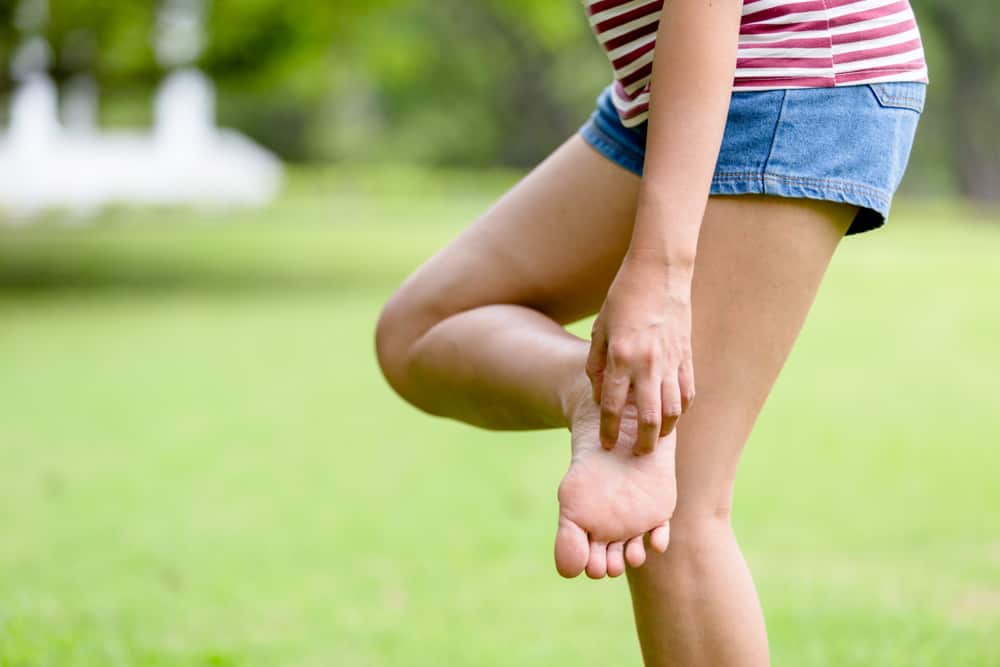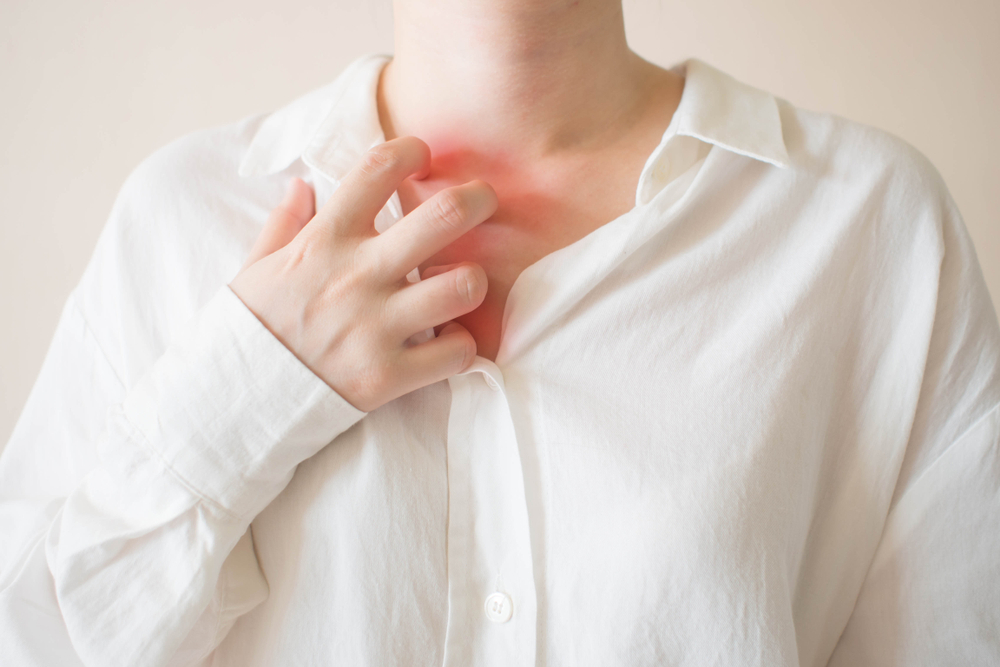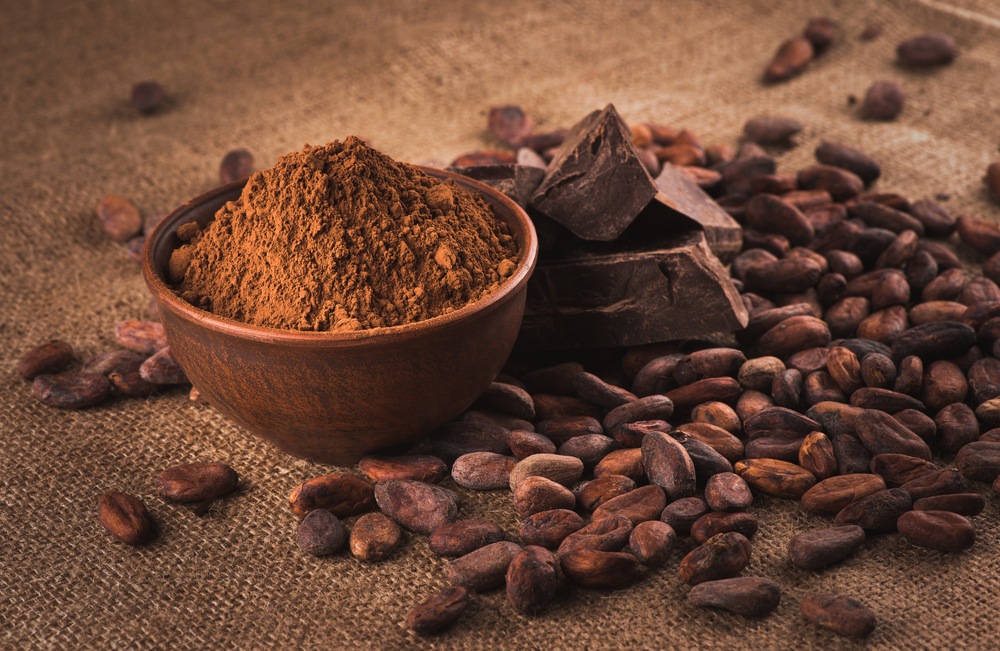Contents:
- Medical Video: Nutrition for Seniors - Important Health Information to Seniors and Caregivers
- Elderly diet guide
- 1. Focus on balanced nutrition
- 2. Set the portion of food
- 3. Limit sugar, salt and fat
- 4. Calcium consumption
- 5. Pay attention to the elderly calorie needs
- 6. Meet fluid needs
Medical Video: Nutrition for Seniors - Important Health Information to Seniors and Caregivers
Paying attention to balanced nutrition is an important part of maintaining the health of the elderly (elderly people). Not only does this help the elderly control their weight and get the nutrients they need, a healthy diet will also reduce the risk of various complications of diseases such as heart disease and diabetes. So how do you manage your diet? Here's the guide.
Elderly diet guide
1. Focus on balanced nutrition
The most important rule of diet for the elderly is to fulfill their nutritional and nutritional needs. Eating foods rich in nutrients and nutrients will help the elderly get vitamins, minerals, protein, carbohydrates, and fat they need.
Quoted from the page of the Ministry of Health, the recommended healthy food for the elderly is:
- Food sources of carbohydrates, such as oatmeal (oatmeal), whole wheat bread, brown rice, and mashed rice.
- Food sources of protein, such as low-fat milk, fish, tempeh, and tofu.
- Food sources of healthy fats, such as nuts (peanuts / peanut butter), soybean oil, and corn oil.
- Green or orange vegetables such as spinach, kale, carrots, broccoli, pumpkin, squash, and tomatoes.
- Fresh fruits like papaya, bananas, oranges, apples, watermelons, and so on.
- As much as possible choose fresh food and avoid all types of processed foods that use preservatives.
2. Set the portion of food
One of the causes of drastic weight gain in the elderly is because they do not control their eating portions. Well, that's why it's important for the elderly to pay attention to their food portions every day.
The portion of eating elderly should be arranged evenly in one day so that they eat more often with small portions. It is recommended that the elderly eat large meals three times with intermittent meals twice a day. If the elderly have difficulty chewing food because toothless teeth or dentures are working poorly, then the food provided must be soft or chopped first. Inviting the elderly to eat together in one table will increase their appetite.
3. Limit sugar, salt and fat
Limiting the consumption of sugar, salt and fat is very important to maintain the health of the elderly considering their digestive system can not work as much as when they were young. If the intake of sugar, salt and fat is not limited, the elderly will be at higher risk of developing hypertension, high cholesterol, hyperglycemia, stroke, heart disease and diabetes.
4. Calcium consumption
Calcium plays an important role in maintaining bone health and strength. Unfortunately, absorption of calcium for bones will decrease with age. If bone density begins to decrease this will make a person more susceptible to loss of bones and teeth. According to the number of nutritional adequacy for the Indonesian people, the need for elderly calcium in a day is 1,000 mg.
You can get a source of calcium from various foods such as milk, cheese, yogurt, almonds, green vegetables (spinach, kale, and bok choy), and fish (sardines, anchovy, and salmon).
5. Pay attention to the elderly calorie needs
As we get older, the elderly calorie needs will decrease. While the nutritional needs remain the same or experience a slight increase. This happens because the older a person is, usually the less physical activity is done. As a result, the calorie needs also declined.
Actually the calorie needs of each person is different, including in each elderly person. To find out the ideal calorie requirements for the elderly, calculate with the Calorie Requirement Calculator in this link or at bit.ly/kalkulatorBMR. You can check the number of calories the elderly need based on their sex, height, weight, age, and physical activity there.
6. Meet fluid needs
In addition to the various things mentioned above, the intake of diet that is no less important is the liquid. Most elderly people often have difficulty meeting their daily fluid needs. That is why they are more prone to dehydration. Well, to avoid dehydration, make sure the elderly meet their fluid intake needs well.
To meet the fluid needs of the elderly do not count from the amount of drinking water alone. You can also get around the fluid needs of the elderly by consuming fortified foods such as soup or fruit and vegetables that contain lots of water. Not only does it avoid dehydration, this method can also be done to meet the daily nutritional needs needed by the elderly to keep their immune systems vulnerable.

